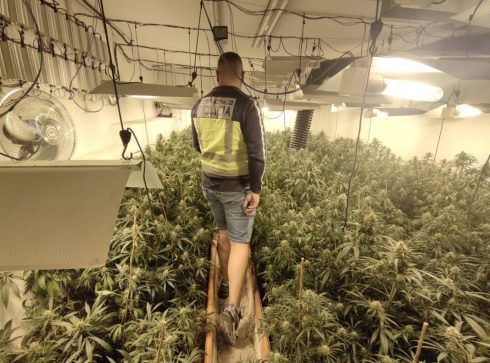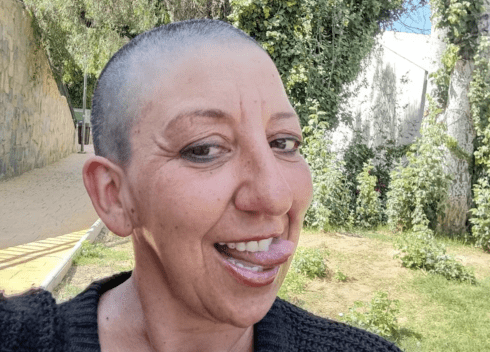A VITAL lake in Andalucia’s Doñana nature reserve has dried up for the third year running as experts warn against the ‘extremely worrying’ situation.
Once one of the only lakes of the park’s 3,000 to reliably retain water, Santa Olalla first dried up in 2022, a phenomenon which has been repeated every year since.

Photo: CSIC
In previous years, the high summer temperatures have pushed the change, but now it is even occurring in cooler months.
“The situation is extremely worrying,” said Felipe Fuentelsaz, Agriculture and Water Coordinator for WWF Spain.
“Doñana is one of the most important national parks in Europe, a strategic place for the migration of millions of birds and now it is in great danger.”

Prolonged drought, climate change and illegal water usage is drying up the wetlands, putting many endangered species at further risk.

Photo: WWF
“Some 70% of the water that arrived in 30 years has been lost,” said Fuentelsaz.
“That has a direct impact on the wildlife. We receive just a third of the birds that we did before, for example, there used to be around 80,000 geese that come from northern Europe. Now it’s hardly 10,000.”
The environmental effects of climate change are worsened by the illegal use of Doñana’s water for farming.

Photo: WWF
“Around 20% of the farms around Doñana use illegal water sources,” Fuentelsaz told the Olive Press.
“Farmers take water from aquifers which once fed the park and illegal wells. It has broken the ecological balance.”
The WWF Spain is trying to restore this balance by reporting the abuse of water and eliminating illegal wells.
They are also working with local farmers and Spanish supermarkets to help them avoid food grown with illegal water sources.
However, one of the WWF Spain’s most important tasks is restoring the lakes and the streams that feed them so that wildlife can return to the park.
“Our restoration work is essential, we need to save Doñana,” said Fuentelsaz.









